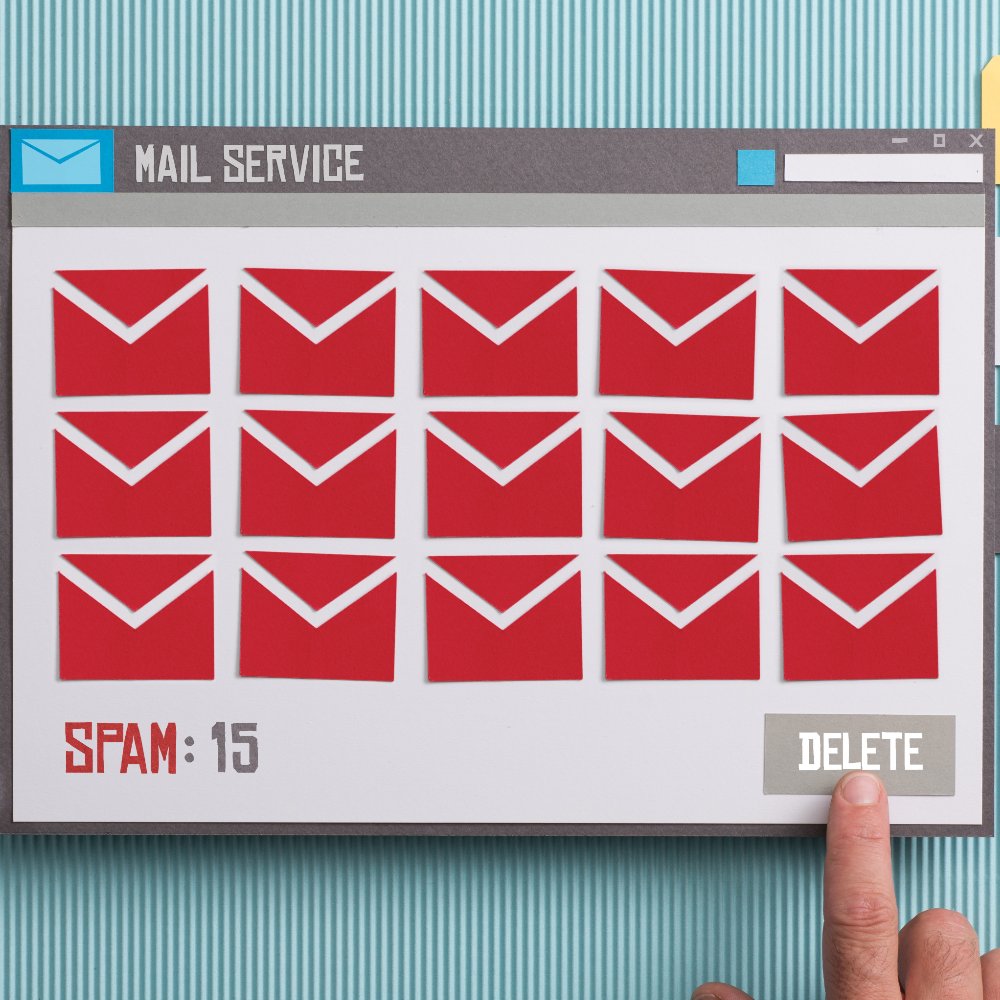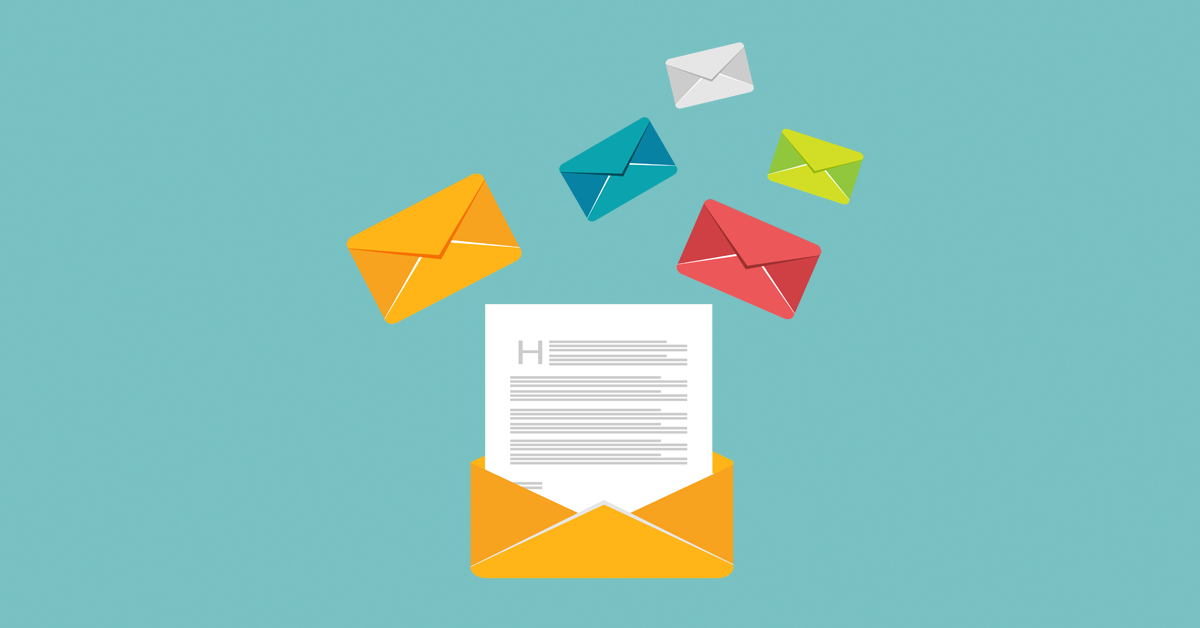With the implementation of General Data Protection Regulations (GDPR), email marketers face challenges and responsibilities when it comes to handling personal information.
This guide explores the impact of GDPR rules on email marketing and provides insights into how businesses can adapt their strategies to comply with these email marketing regulations, while maintaining effective communication with their subscribers.
Page Contents
Understanding GDPR
To comprehend the implications of GDPR on email marketing, it is crucial to have a clear understanding of the regulation itself. GDPR is a set of privacy laws in the EU which regulate the collection and processing of data. It protects individuals from wrongful use of their data, unnecessary data collection, personal data breaches and biassed algorithms.
Who needs to comply with GDPR?
Since 2018, every organisation in the European Union is legally required to follow these regulations. And email marketers have to assess their data collection and update their strategy to align with GDPR’s principles.
Collecting personal data
When collecting personal data, marketers need to ensure that they have a genuine reason for gathering the data in the first place and that they’re not withholding information about the reasons for collecting the data. Transparency is essential – users have a right to know what data you hold on them and why, so the information should be within the data collection form so it’s easy to access. Businesses need to take responsibility for ensuring that data is updated regularly, and that incorrect data is removed from the system.
Data is only allowed to be stored for a set period of time under GDPR, and if the goal you needed the data for has been achieved, you have to delete the information from your database. Businesses have to act with integrity and maintain confidentiality with the data they hold.
Email marketing best practices under GDPR
Use a reliable email service provider
Much of the work will be carried out for you if you’re using a dependable email marketing service provider. A reliable service will collect proof of consent, provide GDPR-compliant forms and keep your email list up to date, among other features.
Always get consent
GDPR-compliant subscription forms are critical to any email marketing strategy. If you’re gathering personal data from users, you need to provide context as to why you need the data and what it will be used for. As an extra precaution, mark it as a required field so you know users have read it.
Have a clear privacy note
If there’s no GDPR declaration provided by your service provider, you need to create one. This declares your business’ commitment to the regulations, explaining the type of data you collect, the methods of processing information, reasons why the data is collected and your email retention policy. Include a link to your privacy statement near the consent checkbox so users can read it easily if they want to.
Let users opt out easily
Your subscribers have the right to request data updates and these requests have to be fulfilled within 30 business days. In email marketing terms, this means you need to make it easy and convenient for users to opt-out if they choose to, or reconfigure their subscription preferences. An unsubscribe link should be included at the footer of every email newsletter you send out.
Keep your promises
If you’re requesting data for a specific newsletter, don’t try sending people something else as well. It’s frustrating to users – and it’s against the law. What’s more, there’s a high chance users will start to mark your messages as spam if they’re receiving something they didn’t ask for, which is detrimental to your email marketing strategy.
Regularly audit your mailing list
Keep your email list clean by automatically disabling contacts who request to unsubscribe and set up rules to disable disengaged email addresses, or segment based on their interactions.
Use a double-opt in subscription
Double-opt in subscriptions aren’t essential under GDPR but provide a good way to ensure that your email list stays clean. Plus, double-opt ins act as additional proof of consent. Double-opt ins require users to confirm their subscription by verifying their email address, and they’re simple to set up.
💡For more information, check out this guide: how to build an opt-in email campaign.
Keep processing records
To stay accountable, keep accurate records of your data processing activities, including proof of consent, information on any third parties involved and anything else that might prove as evidence of your GDPR compliance.
In conclusion
GDPR has undoubtedly had a significant impact on email marketing practices. Non-compliance with these regulations can lead to severe consequences for businesses, including significant financial penalties. However, by understanding the regulation’s requirements and implementing necessary changes, businesses can continue to engage with their subscribers while respecting their privacy rights.





No Comments
Leave a comment Cancel